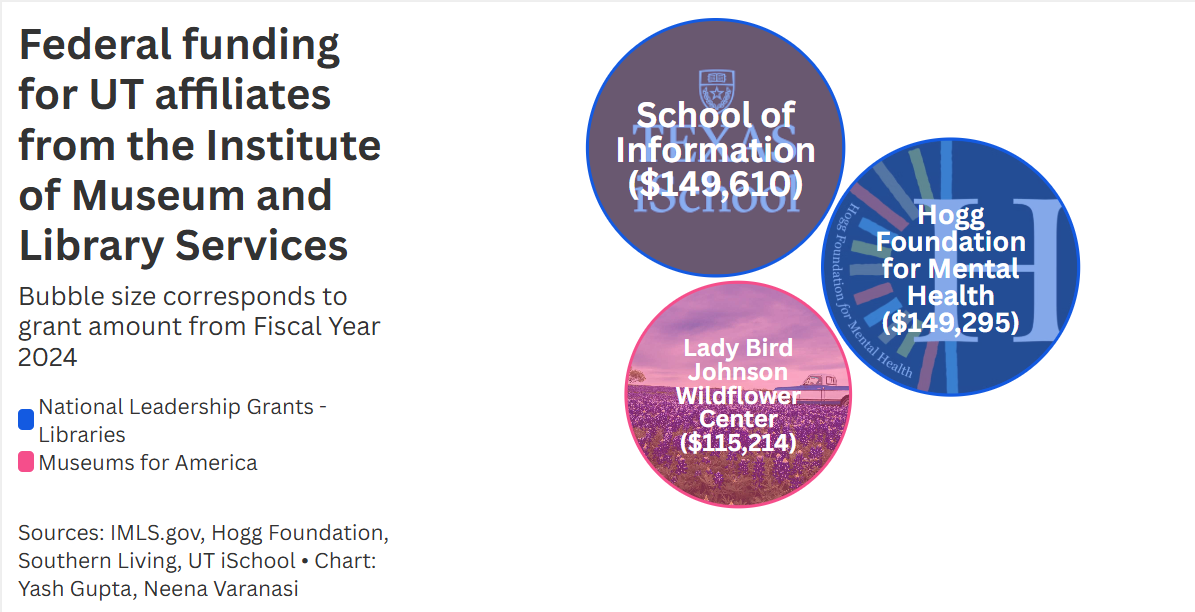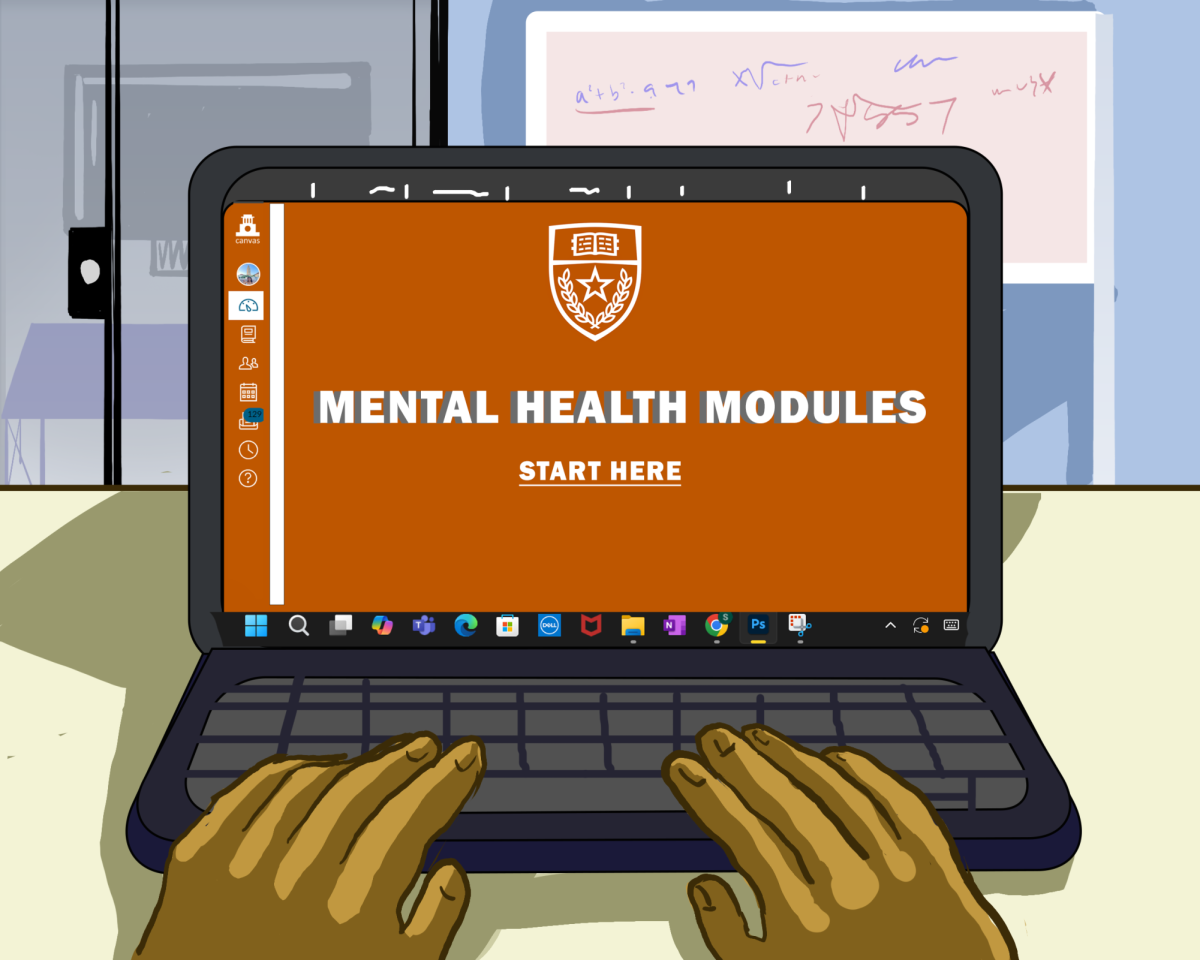On a 6-2 vote Friday, the UT Board of Regents approved a plan for a 2 percent tuition increase for the 2016–2017 school year.
In 2003, the Texas State Legislature lifted restrictions on how much public universities could charge for tuition.
Following that decision, The Dallas Morning News reported students were paying 55 percent more for tuition at public universities in 2012 since the Legislature’s decision. Since the fall of 2012, UT has seen little to no increase in tuition fees, and there were no increases in tuition for in-state and out-of-state students in 2014 and 2015.
Prior to the meeting, Lt. Gov. Dan Patrick expressed his concerns with a tuition increase.
“It is my hope instead of looking at ways to potentially raise tuition in the future, they will look for ways to make college education more affordable for students and families across Texas,” Patrick said in a written statement the night before the meeting. “I encourage them to remember that we must keep the cost of college tuition at a level that is within reach of all Texans.”
Deputy Chancellor David Daniel said the specific proposals for the tuition increase will be brought to the Board again in February, after the System’s university presidents make recommendations on the plan.
“Our institutions will spend considerable time and effort engaging with their campus communities and preparing proposals,” Daniel said. “Much of the time and effort will be spent addressing the potential financial impact to students and their families. There is no doubt that our institutions need additional funding, but we have to make sure that we don’t limit student access.”
Regent Alex Cranberg voted against this plan because he said this decision puts more pressure on students to pay more for their education.
“I have some concerns about the framework,” Cranberg said. “I am concerned that student tuition rate should be the last resort, not an expectation.”
Daniels said raising tuition should be a last resort but the UT System institutions must still find ways to pay for quality faculty.
“Mediocrity at our universities is an even worse outcome, and I fear for that,” Daniels said. “Speaking as a former university president, as you look to hire faculty, making sure the data are secure, your web services are adequate and student groups can get the things they want and posted done takes expertise. I saw myself losing people because the private sector was paying considerably more.”
Regent Wallace Hall, who also voted against the plan, said he was concerned with the increase because the board was too indecisive about the decision going forward.
“The concept that the board turns over the goal setting to the System and administration to work with our presidents without articulating a view is a mistake,” Hall said. “I don’t think I could actually tell you what the board’s actual viewpoint as to growth for our institutional student body is. I’m not a fan of turning over these decisions to the Chancellor or the System.”
Chancellor William McRaven said he will make sure the institutions manage costs but address the limited revenue the schools have.
“The reality is that we only have a certain number of ways to get revenue,” McRaven said. “[University presidents] are frustrated because the revenue is not there to hire the quality faculty they need.”





















